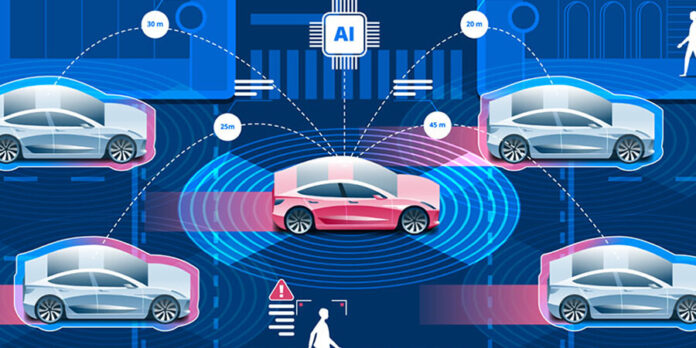In today’s digital age, the automotive industry is undergoing a profound transformation. Gone are the days when cars were merely modes of transportation; they are now becoming sophisticated technological marvels, thanks to the rise of connected car technology. From enhanced safety features to personalized driving experiences, connected cars are revolutionizing the way we interact with vehicles. In this article, we’ll explore the concept of connected cars, their benefits, challenges, and the future they promise.
Understanding Connected Cars
Connected cars, also known as smart cars or Internet of Things (IoT) vehicles, are automobiles equipped with internet connectivity and integrated sensors and software. These technologies enable vehicles to communicate with each other, with infrastructure, and with external systems, such as smartphones and cloud-based platforms. This connectivity allows for a wide range of functionalities and services that enhance the driving experience and improve vehicle performance.
Benefits of Connected Cars
Enhanced Safety:
One of the most significant advantages of connected cars is their ability to enhance safety on the roads. Features like automatic emergency braking, adaptive cruise control, and lane-keeping assistance rely on real-time data from sensors and connectivity to prevent accidents and mitigate risks.
Improved Efficiency:
Connected cars can optimize fuel efficiency and reduce emissions through real-time traffic updates and route optimization. By accessing data about road conditions, traffic congestion, and weather forecasts, these vehicles can suggest the most efficient routes for drivers, saving time and reducing fuel consumption.
Personalized Experience:
With connected car technology, drivers can enjoy a personalized driving experience tailored to their preferences and needs. From customizable infotainment systems to adaptive seating and climate control settings, connected cars allow users to create their ideal driving environment.
Remote Monitoring and Control:
Connected car platforms enable remote monitoring and control of vehicle functions via smartphone apps or web portals. Drivers can check their vehicle’s status, locate it in a parking lot, lock or unlock doors, and even start the engine remotely, adding convenience and peace of mind.
Challenges and Considerations
Data Privacy and Security:
The proliferation of connected car technology raises concerns about data privacy and security. With vehicles collecting and transmitting vast amounts of data, there’s a risk of unauthorized access or misuse. Manufacturers and regulatory bodies must implement robust security measures to protect sensitive information and ensure user privacy.
Infrastructure Requirements:
The effectiveness of connected car technology relies on robust infrastructure, including high-speed internet connectivity and reliable communication networks. Ensuring adequate infrastructure coverage across urban and rural areas is essential for the widespread adoption of connected cars.
Interoperability and Standardization:
As the connected car ecosystem continues to expand, interoperability and standardization become critical challenges. Ensuring that different vehicles, devices, and systems can communicate seamlessly requires the development of common protocols and standards across the industry.
The Future of Connected Cars
Despite the challenges, the future of connected looks promising. As technology advances and connectivity becomes more pervasive, we can expect to see continued innovation in this space. Features like autonomous driving, vehicle-to-everything (V2X) communication, and predictive maintenance will further enhance the capabilities of cars and transform the way we travel.
Conclusion
Connected cars represent a significant leap forward in automotive technology, offering a wide range of benefits, from enhanced safety and efficiency to personalized experiences. However, realizing the full potential of cars requires addressing challenges related to data privacy, infrastructure, and interoperability. With continued innovation and collaboration across the industry, cars have the potential to revolutionize the way we drive and pave the way for a safer, more efficient transportation ecosystem.




